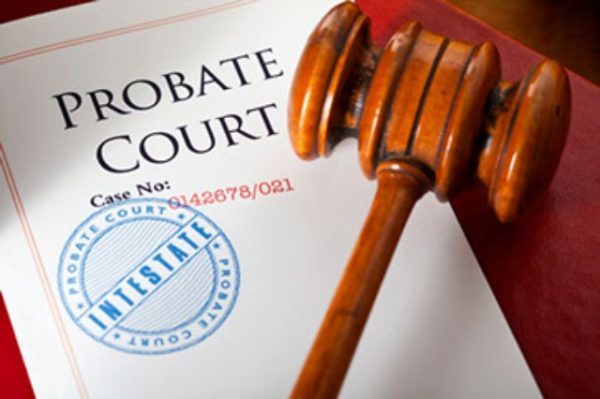What Is A Claim Against An Estate?

At any point in our lives, we all have some debt. We have credit card debt, a balance due on our mortgage, or an open balance due on our car. Upon death, these debts should be resolved before the probate estate can be finalized, and distribution made to a Decedent’s heirs.
When someone seeks appointment as administrator of a probate estate, one of their preliminary obligations will be to file and publish a notice of the death. This allow creditors time to file potential claims against the estate.
In a California probate, most creditors have one year from a Decedent’s date of the death to file a creditor claim in the Estate, or 4 months to file a claim from the time the administrator serves the creditor with notice to file a claim.
There are two specific exceptions to the above filing rules for creditors, which are available to the Government. The CA Franchise Tax Board and the CA Department of Health Care Services have 4 months after receiving notifications from the Administrator to file their respective claims for unpaid state income taxes or for healthcare coverage (i.e. Medi-Cal usage). It is quite possible that a deceased may have accumulated substantial medical bills that were not covered by private insurance, which bills were then paid by the State of CA’s Medi-Cal coverage, which is funded by taxpayer dollars. These bills (paid by the CA Medi-Cal program) are recoverable by the State of CA as creditor claims against a Decedent’s Estate. Administrators should generally file notice with these agencies as soon as possible, since these claims can often be substantial, and the government agencies take a while to file their claims.
The area of creditor claims is yet another example of the importance of a probate Administrator should always consult a competent probate attorney for advice and guidance.


